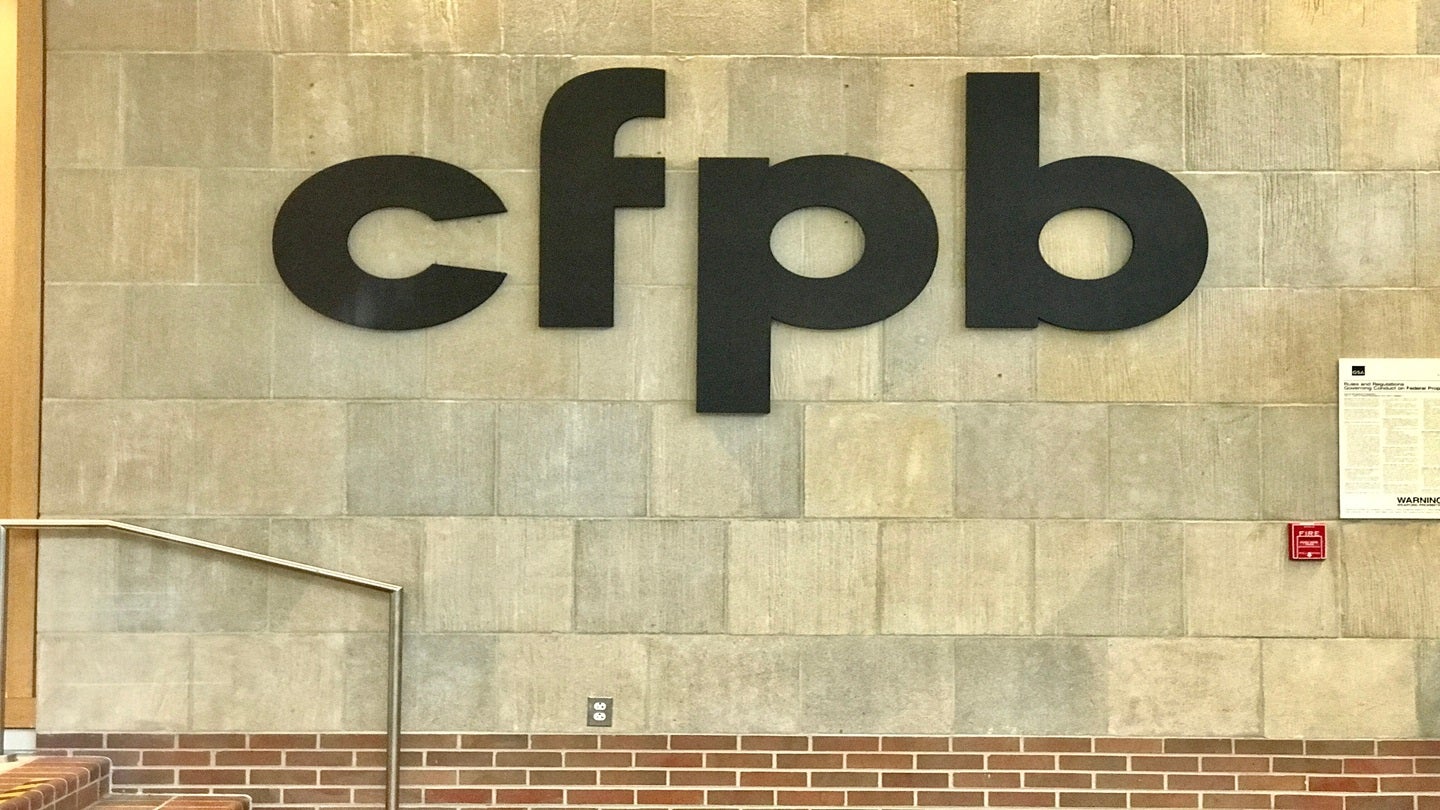
The Consumer Financial Protection Bureau (CFPB) has ceased enforcement of a rule that classifies buy now, pay later (BNPL) firms as credit card issuers.
In May 2024, the agency, under the Biden-era, issued an interpretive rule, declaring BNPL lenders as credit card providers and requiring them to offer consumers certain legal protections and rights similar to those of conventional credit cards.

Access deeper industry intelligence
Experience unmatched clarity with a single platform that combines unique data, AI, and human expertise.
These include a right to dispute charges.
However, the agency has now said it will not focus on enforcement actions related to the Truth in Lending Act (Regulation Z) regarding the use of digital user accounts for accessing BNPL loans.
Instead, the CFPB will direct its enforcement and supervisory efforts towards addressing more “pressing threats” to consumers, with particular attention to servicemen, veterans, and small businesses.
It said that this decision is aimed at optimising resources to better support American taxpayers and those who serve in the military.

US Tariffs are shifting - will you react or anticipate?
Don’t let policy changes catch you off guard. Stay proactive with real-time data and expert analysis.
By GlobalDataAdditionally, the Bureau is considering potential actions to rescind the BNPL framework.
Affirm and other BNPL companies opposed the billing statement requirement, claiming it would confuse users and create unnecessary friction, reported CNBC.
In a formal comment letter, Affirm said: “Requiring BNPL providers to comply with rules designed for open-end credit cards creates compliance challenges and confusing outcomes for consumers.”
In January this year, CFPB announced that it conducted a study on BNPL borrowers, revealing that over 20% of consumers with credit records utilised BNPL loans in 2022, primarily those with subprime or deep subprime credit scores.
The study indicated that more than 60% of BNPL borrowers had multiple BNPL loans simultaneously, with one-third borrowing from various providers.
Additionally, BNPL borrowers tended to have higher balances on other unsecured credit lines, such as credit cards.
The agency has scaled back several other enforcement actions in recent months, under President Donald Trump.
In March this year, the CFPB reportedly notified an Arizona federal court of its decision to dismiss the December lawsuit against three banks over their handling of the Zelle payment service.







